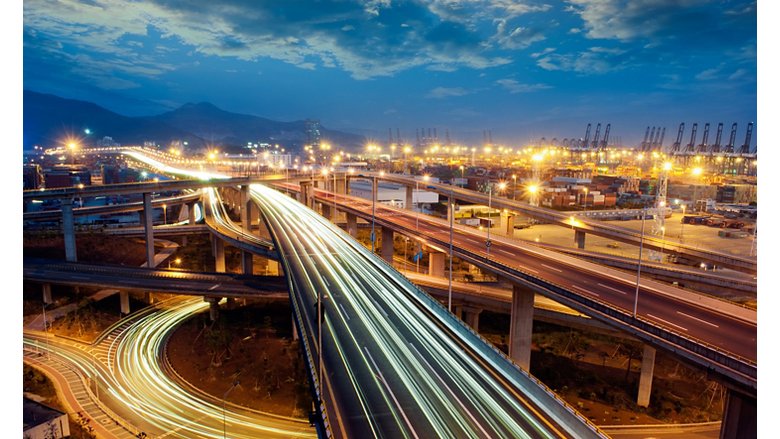From 1990 to 2017, developing countries increased their share of global exports from 16 percent to 30 percent; in the same period, the global poverty rate fell from 36 percent to 9 percent. Not all countries have benefited equally, but overall, trade has generated unprecedented prosperity, helping to lift some 1 billion people out of poverty in recent decades.
Trade has multiple benefits. Trade leads to faster productivity growth, especially for sectors and countries engaged in global value chains (GVCs). These links allow developing countries to specialize in making a single component, like a keyboard, rather than a finished product, like a personal computer. GVCs give them access to foreign technology, know-how, and investment. Trade eases the diffusion of technologies that reduce greenhouse gas emissions and support adaptation – such as solar panels and wind turbines or drought-resistant seeds. Consumers enjoy a greater variety of goods and services at lower cost, though some firms and workers in individual sectors may see their livelihoods at risk through increased competitive pressures.
Despite these benefits, globalization is under fire. Critics blame it for the loss of manufacturing jobs in advanced economies, environmental degradation, and disruptions to supplies of vital goods like vaccines. These concerns, combined with geopolitical tensions, are prompting major players to raise barriers to trade and investment and to subsidize the domestic production of goods deemed essential and strategic. In 2022, many countries reacted to disruptions of food supplies from Ukraine by restricting exports of wheat, corn, and other foods. This tit-for-tat cycle only drove prices higher, briefly threatening a global food crisis.
Trade disputes and restrictions have weakened the rules-based global trading regime centered on the World Trade Organization. Smaller developing economies cannot be self-sufficient and need to export to import. They critically need to be able to compete at fair terms, a capacity that trade distortive subsidies and protectionist policies will hurt. To attract investment, they also critically need the certainty provided by a credible and coherent system of global trade rules. Furthermore, many developing countries don’t have the fiscal resources to counter steps taken by advanced countries to subsidize domestic production.
The World Bank estimates that a slump in investor confidence due to increased trade tensions among major players could push 30-50 million people into poverty by 2030, depending on the severity of protectionist policies put in place by advanced and developing economies. This compares with the 70 million people pushed into poverty in 2020 because of COVID-19.
How should developing and advanced economies respond? For now, trade restrictions and subsidies affect a small portion of global trade. There are still tremendous gains to be reaped from deeper and broader regional trade agreements. For example, the recently created African Continental Free Trade Area has the potential to lift 50 million people out of extreme poverty by 2035. Countries can boost trade by lowering the cost of moving goods across borders through streamlined border procedures and better infrastructure. They can also adopt policies that help them leverage rapid growth of trade in services, especially digital services.
The global trade system should address legitimate concerns about national security and reliable access to key goods, but not at the expense of development. It must distinguish between subsidies that provide public goods, like electric cars, and those that distort trade and disadvantage trade partners. Rules on the protection of intellectual property must ensure that subsidized technologies are made widely available. Exporters of food and other key goods must refrain from imposing restrictions in times of crisis; importers should permanently reduce or eliminate import tariffs to ensure adequate supply in good times and bad.
